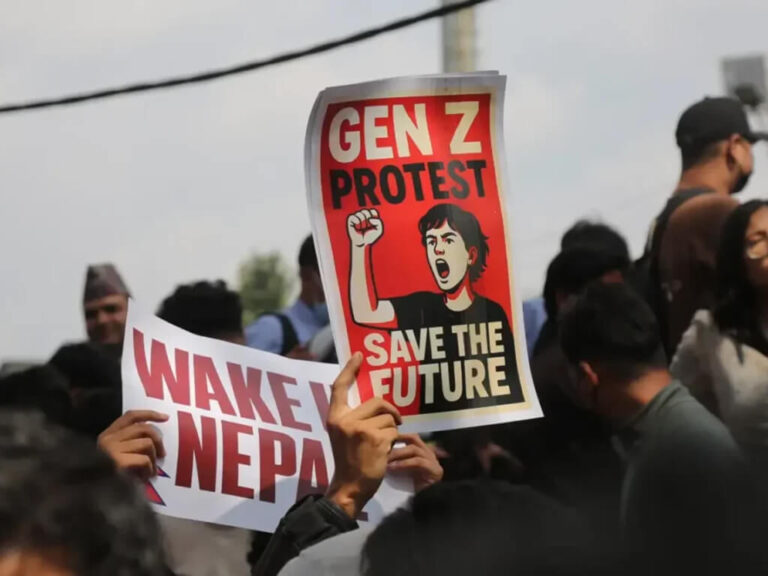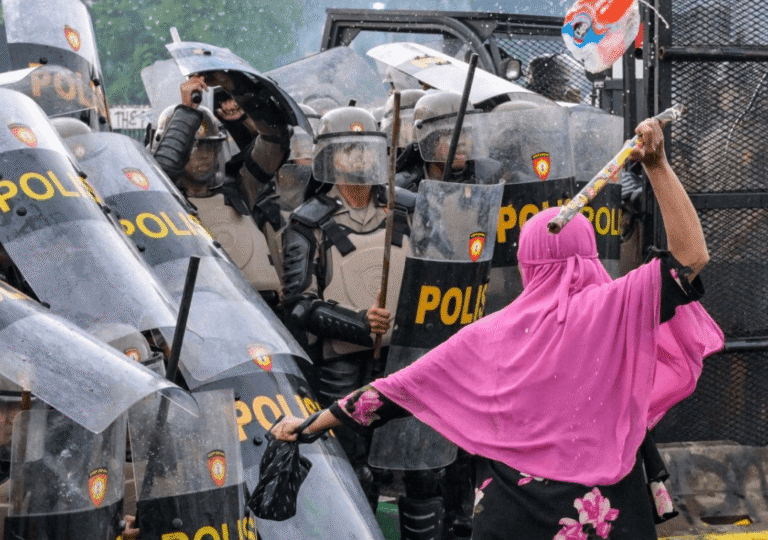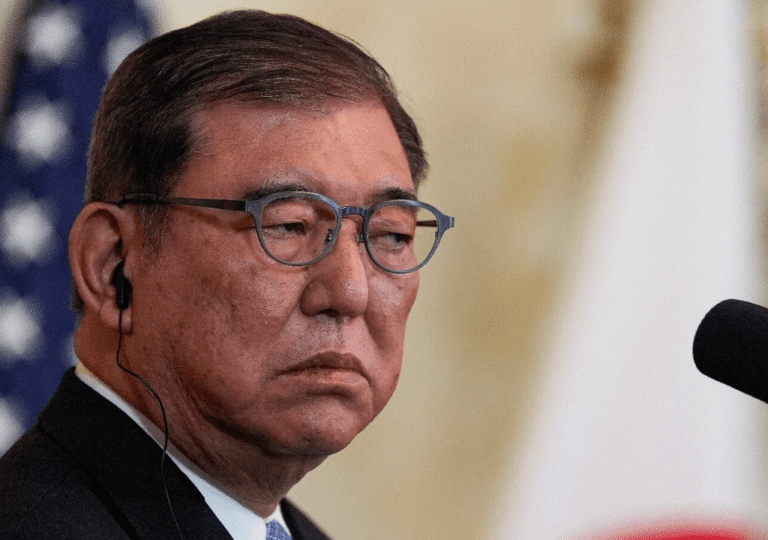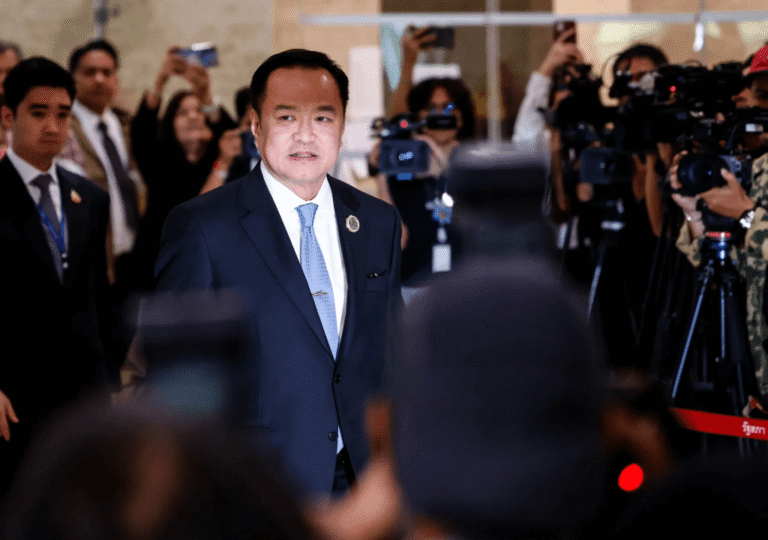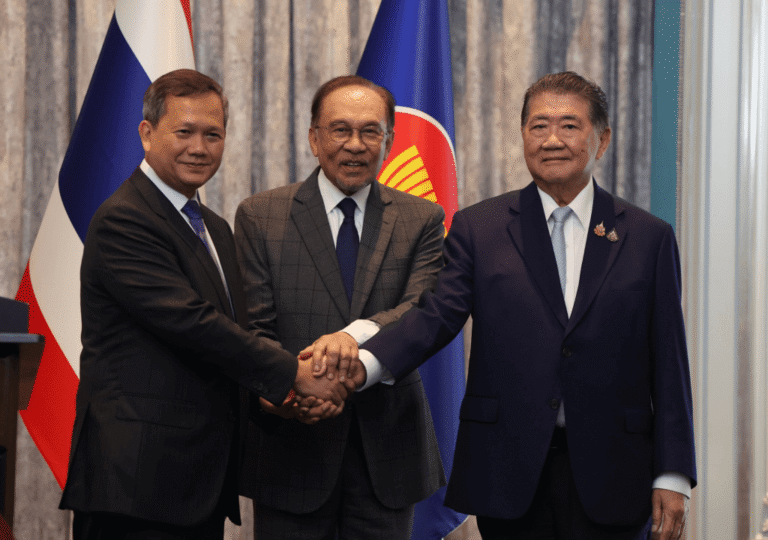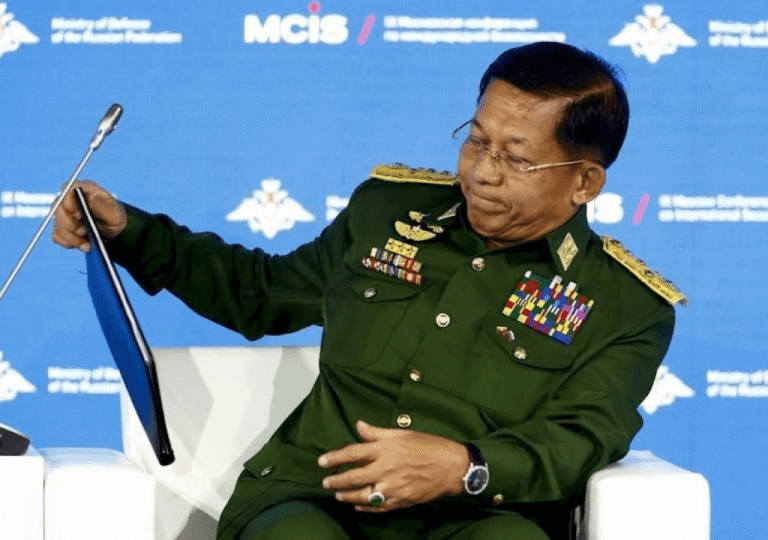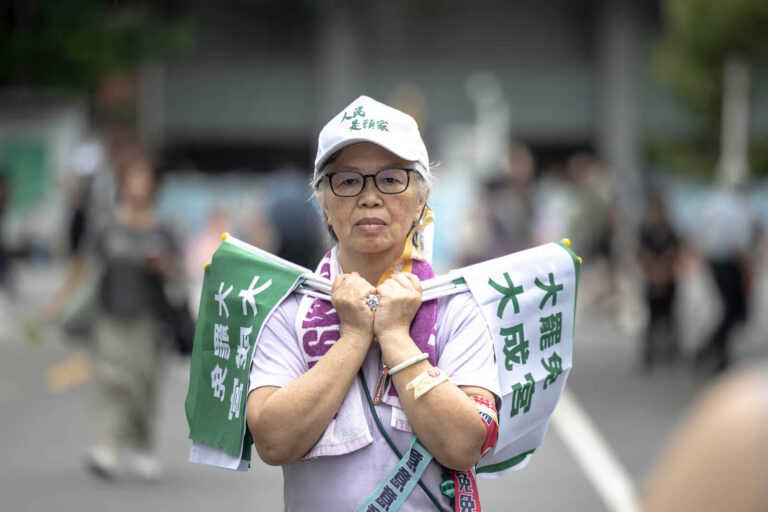From Quetta to Gwadar, Violence Tests Pakistan’s Hold on Balochistan

As violence surges from Quetta to Gwadar, Pakistan’s deepest internal conflict in Balochistan is no longer a regional problem. It is reshaping the country’s political stability, economic future, and regional security.



